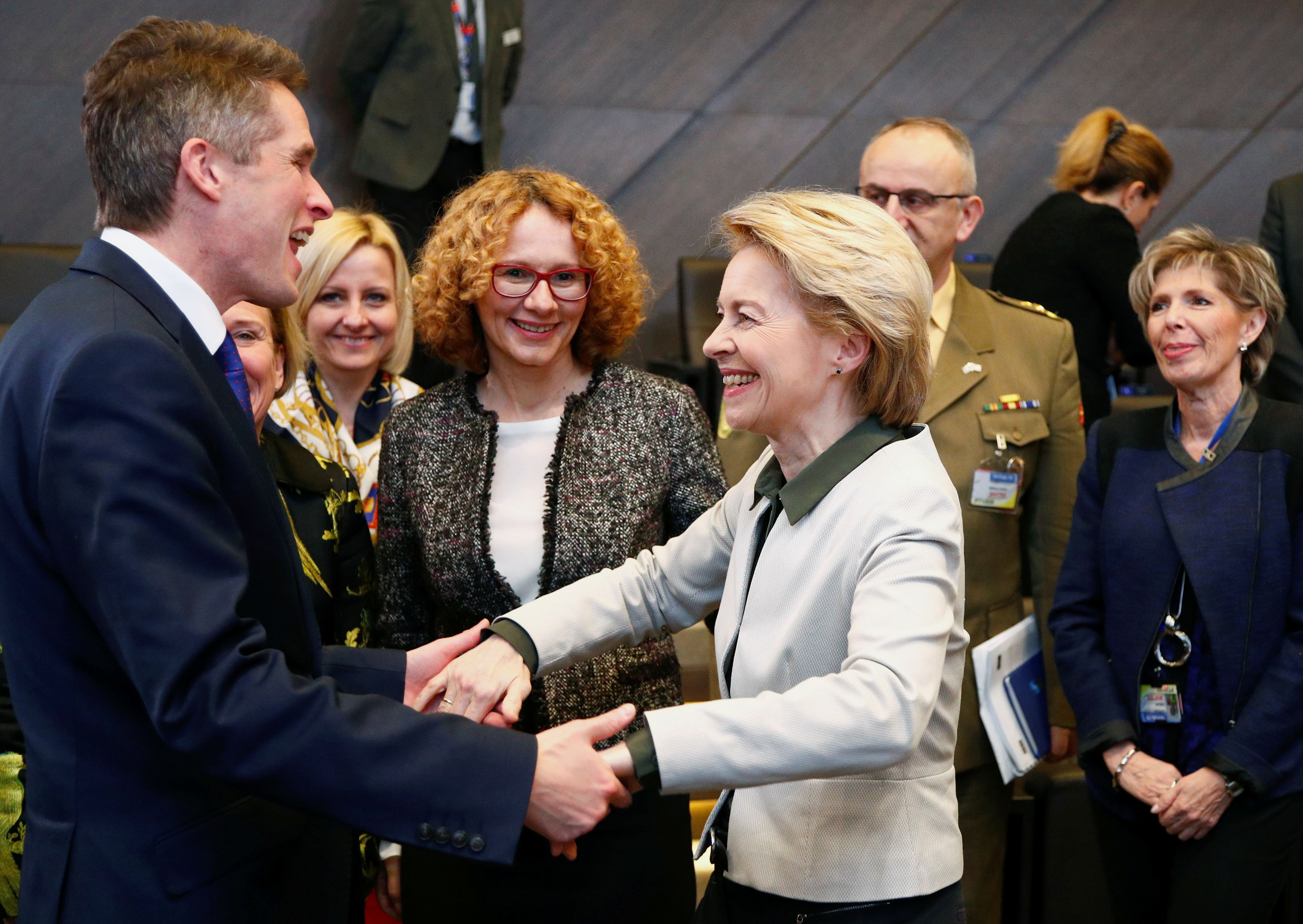Prospects for EU-UK Security Cooperation

Concluded at the end of December last year, the EU-UK Trade and Cooperation Agreement redefined the relations of the parties after the UK left the EU. Although it mainly regulates economic issues, it also contains an extensive part on law enforcement and judicial cooperation in criminal matters. However, the agreement does not comprehensively cover the issues of the EU’s foreign and security policy, which proves the difficulties in defining common interests in these fields and in assessing mutual benefits.
Work on a New EU Security Strategy
In June last year, a strategic reflection process, the Strategic Compass, was formally launched aiming to define the ambitions and directions of activities in the field of security and defence for the coming years. The need to develop new guidelines results from the general nature of the EU Global Strategy in force so far, as well as the weaknesses of the current instruments (e.g., PESCO), which are additionally deepened by the growing differences of opinion on the issue of closer cooperation in the future.
The involvement of states with key military potential demonstrates the importance of the reflection process. Work on the Strategic Compass, which was one of the priorities of the German presidency of the Council last year, is to be completed in early 2022 during the French presidency. As a result, the Member States are to define goals they plan to achieve in four areas: 1) crisis-management missions, 2) resilience, 3) capabilities and instruments, and 4) working with partners. The formulation of EU priorities towards the UK, the strongest military state in Europe, should therefore become an important element of work on the Compass. The Member States should decide whether they will strive to conclude a new type of partnership between the EU and the British side and in what format, or whether they will focus on cooperation within other organisations, such as NATO.
New UK Security Priorities
Changes in the international arena, as well as the withdrawal from the EU, forced the UK to revise its external relations. The new British strategy was published on 16 March this year as the Integrated Review of Security, Defence, Development and Foreign Policy. It is complemented by the Defence Command Paper presented on 22 March this year, setting the directions for the modernisation of the British armed forces and their adaptation to contemporary threats.
The new strategy presents the global ambitions of the UK, which is confirmed, among others, by the focus on strengthening its military capabilities and shifting the strategic focus from Europe towards Asia and the Pacific. At the same time, it points to the importance of Euro-Atlantic cooperation and the key role of NATO as the guarantor of European security in the face of the threat from Russia. The strategy lacks proposals on the future principles of cooperation with the EU in foreign and security policy, and therefore it should be expected that possible actions will be coordinated on an ad hoc basis. At the same time, the development of bilateral relations with partners has gained importance, including with France and Germany, which confirms the UK’s reluctance to be bound by additional agreements with the EU.
Common Challenges
Despite the growing distrust in EU-UK relations caused by Brexit, the parties are linked by belonging to the Euro-Atlantic community, as well as a similar perception of the security environment.
At the regional level, the greatest threat, according to the British, remains Russia’s destabilising potential, including such hybrid activities as disinformation and cybercrime. Deepening cooperation in this field is in the interest of both parties, and general provisions on the cybersecurity dialogue were included in the Brexit agreement. However, EU Member States have different perceptions of the threat posed by Russia and are willing to undertake sectoral cooperation with this country, for example, the construction of Nord Stream 2 and its many controversies.
On a global level, a substantial systemic competitor is China. Effective containment of this state not only in security matters but also in the economic and information areas, will require the close cooperation of both the EU and UK, as well as the U.S. A factor facilitating joint actions may be the increased involvement in the Indo-Pacific region declared by all the parties.
Strengthening EU-UK cooperation may also contribute to resolving other global challenges, such as climate change and health policy (despite tensions over vaccine exports).
Perspectives and Conclusions
The ongoing work on the Strategic Compass will determine the future of the EU’s security policy. Setting concrete, achievable goals will increase the EU’s credibility in the area of security and may also contribute to the creation of a new model of cooperation with partners while increasing the interest in it on the British side. Currently, the low importance of foreign and security policy in bilateral relations is, apart from the Brexit effect, conditioned by the involvement in the fight against COVID-19. The economic effects of the pandemic will translate into the defence budgets of the parties. The UK is likely to encounter difficulties in simultaneously financing global ambitions in the Asia-Pacific region and modernising the armed forces, but the declarations on the expansion of the nuclear arsenal evidence the consistent strengthening of a defence potential independent of Europe.
In the short term, the lack of a coherent strategic vision in the EU, as well as the reluctance of the UK towards creating a new platform for cooperation, will encourage some European countries to tighten their bilateral relations. The potential of other forums, such as the proposed creation of a European Security Council, appears to be low so far. Cooperation will rather be developed within the E3 format—France, Germany, and the UK—although its institutionalisation should not be expected at present. Greater flexibility in reacting to specific global or regional problems will provide the possibility to invite other countries to cooperate with the E3, in particular the U.S.
Shaping the political cohesion of the EU and UK will be influenced by the attitude of President Joe Biden, who aims to enhance cooperation between the U.S. and the EU in achieving common global goals. Work on the new NATO strategy will also serve to strengthen the consultation mechanisms. Although not all EU Member States are part of the alliance, the new strategy will apply to cooperation with the EU, including in the field of combatting disinformation and cyber-threats, as well as conducting crisis-response missions. The latter are of particular importance, for example, in the context of stabilisation activities in Africa, important for both sides. Moreover, the UK will be interested in maintaining participation in other security projects in Europe, such as the European Intervention Initiative promoted by the French.
For Poland, it is crucial to develop bilateral cooperation with the UK based on the 2018 Treaty on Defence and Security Cooperation, as well as within NATO. Diverging from the expansion of conventional military capabilities, mainly land forces, announced by the British, will not, however, reduce the involvement in the defence of the eastern flank. This is mainly due to the threat posed by Russia. On the other hand, greater interest in developing capabilities below the threshold of war, such as hybrid activities in the information and cybersecurity spheres, is to be expected. From the Polish perspective, the prolonged negative attitude of the UK towards cooperation with the EU will be unfavourable. Further development of bilateral relations with European partners, as well as closer cooperation under the E3, may lead to the exclusion of other European countries with significant security potential, including Poland, Italy, or Spain. In the short term, it would be worth considering better coordination of the positions of the EU countries, as well as to delegate the High Representative to discussion in other forums, such as the E3.


